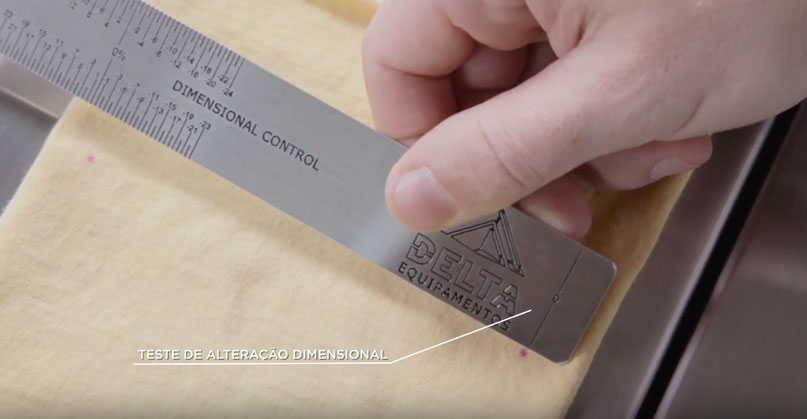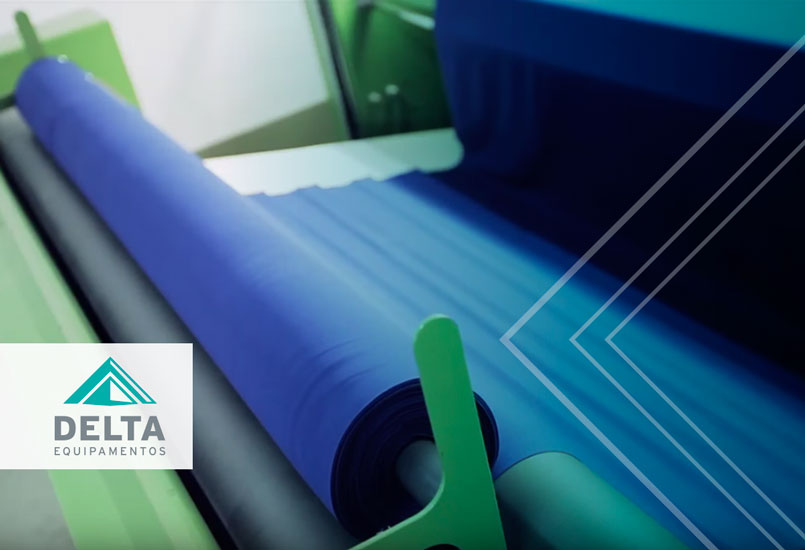Anyone who works in the textile industry obviously knows that raw materials are an essential part of the service.
However, choosing suppliers that provide quality fabrics and being able to identify when the products are not suitable can be decisive for the company’s success or failure.
Want to know why? Continue reading!
Make good products
Although many textile industries are concerned with the final result of the pieces, not all of them pay enough attention to the quality of the raw material. This error can have serious consequences.

Given that the quality of the final product is one of the characteristics that will make the industry stand out from its competitors, focusing on the beginning of the process—namely, the quality of the raw materials—is the first step to delivering quality products and gaining competitiveness.
Moreover, the satisfaction of both intermediary and end customers is crucial to prevent customer loss.
If a customer purchases an item and it starts fading and wearing out after about three months, they probably won’t buy products from the same brand again.
Preventing failures
Small failures may occur, but ideally, they should be avoided as much as possible to prevent them from accumulating and ultimately harming the industry’s productivity. .

Raw materials can cause problems. An example is when the fabric arrives with holes, imperfections or different shades on the same roll.
These flaws can increase the quantity of fabric to manufacture the item, in addition to resulting in the production of low quality products.
Instead of noticing the failure at the end of the process, when you acquire good meshes, they can be exchanged and all this inconvenience and damage are avoided.
+ Find out more: Textile quality control and mesh preparation
Optimize production
Imagine a production process without flaws, with automated production, without material losses due to lack of quality of the parts or stops in any process.
Certainly, productivity would increase, wouldn’t it? That’s what happens when the quality of the raw material is carefully analyzed and the machinery has the necessary technology.
Increase profits
Material wastage is not uncommon. Whether due to lack of automation or information, it occurs in many industries. This waste affects ROI and consequently reduces profits.
When it’s eliminated, profits consequently increase. Monitoring technical data of the manufacturing base material is already enough to program spreading and cutting without waste.
Learn how to control raw material quality upon receipt
To avoid disruptions and reap the benefits of using quality raw materials, it’s necessary to adopt more modern manufacturing methods, invest in administrative process optimization, and also in equipment.
Such actions facilitate compliance with government regulations and, as a bonus, provide higher quality to industry processes.
Additionally, tests can be conducted regularly to check the quality of the material as soon as it arrives in stock.
Fortunately, the industry has been undergoing transformations that enable an evolution in quality control. With technology as an ally, it’s now possible to automate various processes, including checking the quality of the roll.
Textile automation makes it possible to check real information about each roll of fabric, including square footage, usable area, weight and yield. All of this with a single piece of equipment, such as the Fabric Reviewer.
It is also possible to carry out chemical and physical tests to test the fabric’s stability, color fastness to washing, lighting, heating and other characteristics that ensure that the final product will have the expected quality.
The Sample Washer, for example, in 20 minutes can determine, through washing and drying cycles, the percentage of mesh shrinkage. The Mesh Preparator carries out the review and preparation of the mesh batch for the dyeing process.
The Digital Ruler Sensor monitors the variation in the width of meshes and fabrics and can be attached to various equipment to improve quality control.
However, for it to really work, quality control must be perceived as a company-wide responsibility, in addition to partners and suppliers.
The manager needs to have this awareness to see the product supplied as more than just a raw material in the textile industry. After all, as demonstrated, the quality of the fabric will affect the rest of the process.
How about starting to automate processes in your industry? Check out the solutions that Delta offers!


![E-book]How to ensure quality control in the textile industry?](https://www.deltamaquinastexteis.com.br/wp-content/uploads/2019/04/ebook-como-garantir-o-controle-de-qualidade-na-industria-textil.jpg)
